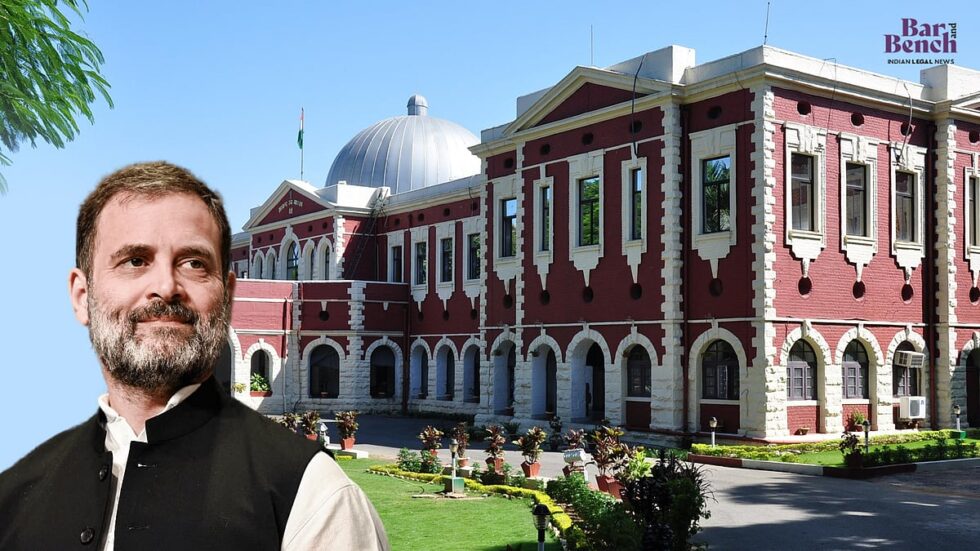
Congress leader Rahul Gandhi has filed a plea before the Jharkhand High Court, challenging the non-bailable warrant issued against him by the MP-MLA Special Cou for his remarks against Union Home Minister Amit Shah. As reported by The Hindu, this is the second non-bailable warrant issued by the Chaibasa court. It has directed Gandhi to appear before it on June 26.
On February 27, the court had issued a non-bailable warrant against Rahul Gandhi for failing to appear and participate in the trial. Gandhi had challenged this order in the Jharkhand High Court, which subsequently stayed the warrant.
A complaint was filed by one Pratap Katiyar, a resident of Chaibasa, alleging that Gandhi made derogatory remarks against Shah during a Congress convention in 2018. Gandhi had accused Shah of being involved in murder in his statements. He was granted interim protection from arrest in the case in May 2022.
The High Court had noted that Gandhi’s statement were prima facie defamatory in nature under Section 499 of Indian Penal Code (IPC). The court had rejected Gandhi’s petition to quash the criminal defamation case in February this year.
This development comes amidst a growing trend of using non-bailable warrants against political opponents by the BJP government. In Madhya Pradesh, for instance, non-bailable warrants have been used to curb activism and dissenting voices against the BJP government.
The use of non-bailable warrants has also raised concerns about the misuse of power by the ruling party and the erosion of civil liberties in India. As The Hindu reported, “the move is seen as part of a larger trend of using the criminal justice system to silence political opponents and dissenting voices.”
The development has also sparked debate about the role of the judiciary in upholding the rights of citizens and ensuring that the rule of law is upheld. Some have argued that the court’s decision to allow the non-bailable warrant against Gandhi sets a dangerous precedent for the misuse of power by the state.
Others have expressed concern about the increasing use of non-bailable warrants against political opponents, which they see as an attack on democratic values and the right to free speech. As one lawyer observed, “the use of non-bailable warrants against political leaders is a clear abuse of power and a violation of their rights.”
The case highlights the growing tensions between the ruling BJP and its opponents, particularly in Madhya Pradesh, where the party has been accused of using its majority to suppress dissenting voices. The development also underscores the importance of upholding civil liberties and ensuring that the rule of law is upheld in India.









